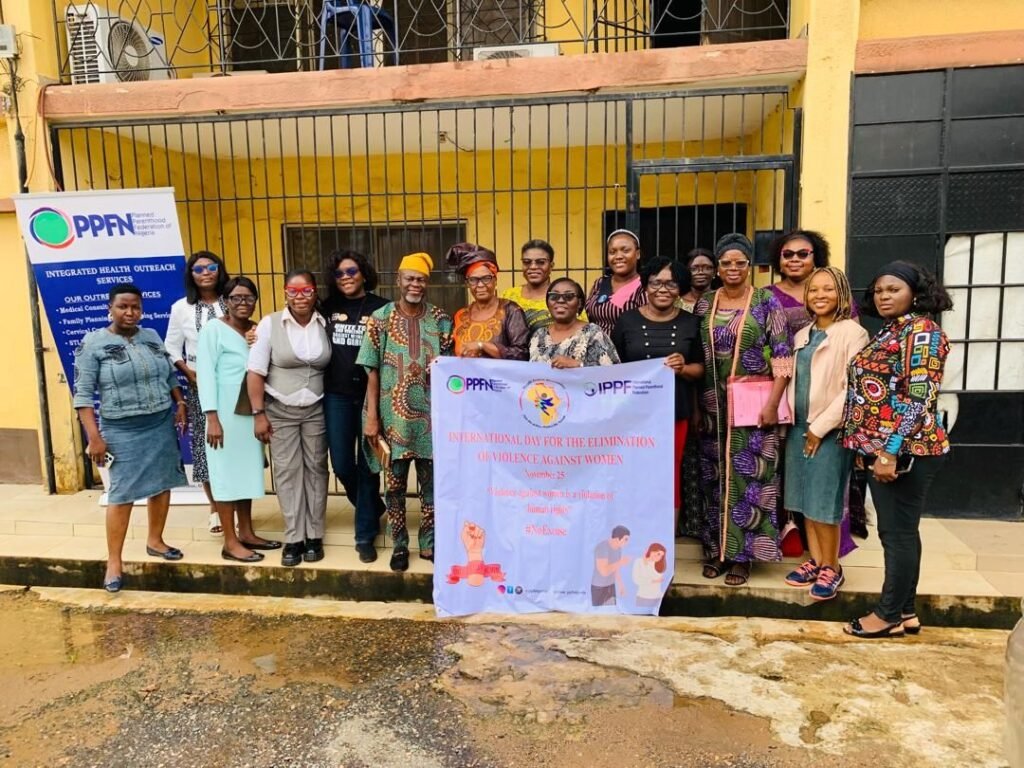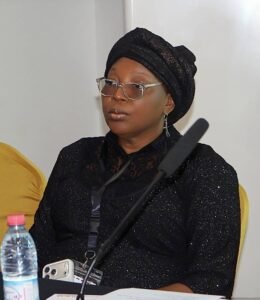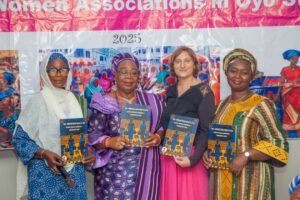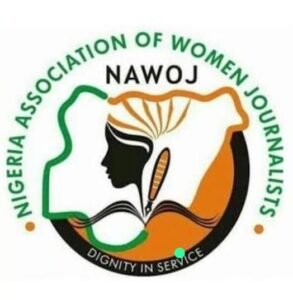Stakeholders Unite to Strengthen Fight Against Gender-Based Violence in Oyo State.

In a significant step toward ending gender-based violence (GBV) in Oyo State and beyond, government agencies, civil society organizations, and community-based groups gathered in Ibadan to chart new strategies for coordinated action.
The meeting, convened by the Planned Parenthood Federation of Nigeria (PPFN), aimed to strengthen collaboration among stakeholders, improve access to survivor-centered services, and boost community-level awareness about the Violence Against Persons Prohibition (VAPP) Act, which was domesticated in Oyo State in 2021.
A Renewed Commitment to Ending GBV
During the meeting, Mrs. Abimbola Elizabeth, Regional Coordinator of PPFN (South West Region), emphasized the need for a united front in addressing GBV. She noted that the project, Improving Access to Sexual and Gender-Based Violence Information and Services, is designed to:
Deepen partnerships among government agencies, civil society organizations (CSOs), and community-based organizations (CBOs).
Strengthen referral pathways to improve survivor care.
Expand knowledge and enforcement of the VAPP Act across Oyo State.
Foster collaboration across thematic areas such as medical, legal, psychosocial, and economic support services.
Mrs. Elizabeth stated that the intervention seeks to empower survivors by increasing access to justice, healthcare, and other essential services.
Alarming Statistics Highlight Urgency
Key national and local data shared during the meeting underscored the urgency of the initiative:
31% of Nigerian women have experienced physical or domestic violence (NDHS, 2013).
1 in 4 girls and 1 in 10 boys have faced sexual violence before age 18 (UNICEF).
In Ibadan North LGA, an alarming 65.5% of adolescents (ages 12–18) reported experiencing some form of GBV, including verbal, physical, and sexual violence (Adesanya et al., 2023).
Between 2020 and 2021, 692 GBV cases were officially recorded in Oyo State (oyostate.gov.ng).
Stakeholders agreed that GBV, which includes physical, sexual, emotional, psychological, and financial abuse, requires a comprehensive, survivor-focused approach. They also noted that harmful traditional practices—such as child marriage and female genital mutilation—remain prevalent challenges that must be tackled.
Holistic, Multi-Level Interventions
PPFN’s project will initially be implemented in Oyo, Kano, and the Federal Capital Territory (FCT), with plans to scale up to other states after the first year of implementation. The program builds upon previous PPFN interventions in schools and communities, where sexual and gender-based violence among young people remains a growing concern.
As part of the project:
Community engagement activities will target youth leaders, women’s groups, and traditional rulers to strengthen grassroots action against GBV.
Consent Workshops will be held for adolescents to promote understanding of healthy, consensual relationships, debunk myths about sexuality, and offer accurate reproductive health information.
Service providers will be trained to improve their capacity to manage GBV cases effectively and provide comprehensive care.
The project also aims to:
Translate the VAPP Act into local languages for better community awareness.
Build stronger referral networks among stakeholders.
Identify service gaps and foster collaboration among key actors.
Improve data collection and case reporting mechanisms.
Spotlight on Local Trafficking and Community-Led Solutions
A major highlight of the meeting was the call for increased attention to local trafficking cases, which stakeholders say often get overshadowed by international trafficking campaigns. Many stakeholders shared examples of how community representatives are already working at the grassroots to identify and report cases of abuse and trafficking.
The consensus among participants was that strengthening local, community-led interventions and leveraging the experience of existing grassroots actors are critical to sustainable GBV prevention and response.
A Shared Vision for Safer Communities
The meeting concluded with a renewed commitment to:
Sustain collaborative efforts across sectors.
Cluster stakeholders according to their expertise to streamline case management and referrals.
Advocate for policy changes and increased funding to address GBV comprehensively.
This landmark gathering marks a pivotal moment in the ongoing battle against GBV in Oyo State, demonstrating that when government agencies, CSOs, community groups, and development partners work together, lasting change becomes possible.
✅ Key Focus Areas Moving Forward:
Holistic survivor-centered care
Expanded community sensitization
Stronger legal enforcement of the VAPP Act
Youth-focused consent education
Grassroots mobilization and local trafficking response









